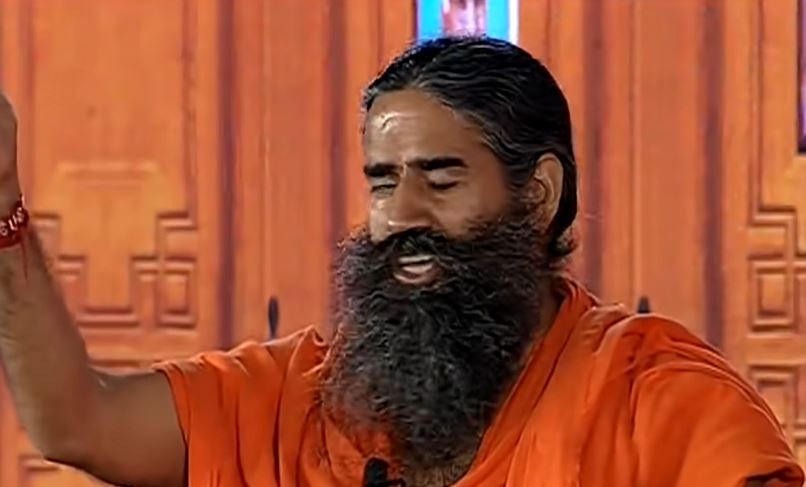Revealing Identities: A Question of Purity or Prejudice? Renowned yoga guru and entrepreneur Baba Ramdev has ignited a firestorm of controversy by publicly endorsing the Uttar Pradesh government’s controversial Kanwar Yatra order. This mandate requires all eateries along the pilgrimage route to prominently display the names of their owners, sparking accusations of religious discrimination and bias.
Ramdev’s Rhetorical Challenge: Unveiling Hidden Agendas In a provocative statement, Ramdev questioned the motives of those opposing the order, stating, “If Ramdev has no problem in revealing his identity, then why should Rahman have a problem in revealing his identity?” This rhetorical question, seemingly aimed at highlighting the transparency of his own persona, has been interpreted by critics as a veiled attempt to stoke communal tensions.
Uttar Pradesh’s Controversial Edict: A Prelude to Discrimination? The order, issued by the Yogi Adityanath-led Uttar Pradesh government, has been met with widespread condemnation from opposition parties and even some allies of the ruling Bharatiya Janata Party (BJP). Critics argue that the mandate unfairly targets Muslim-owned businesses and could potentially incite communal discord.
A Domino Effect: Other States Follow Suit The controversy has extended beyond Uttar Pradesh, with the Ujjain civic body also adopting a similar order, requiring eatery owners to display their names prominently. This has raised concerns about the potential spread of discriminatory practices across multiple states.
Ramdev’s Defense: A Question of Purity, Not Religion Defending the order, Ramdev asserted that there is “no need to hide one’s identity” and emphasized the importance of “purity in work.” He argued that if one’s work is conducted with honesty and integrity, their religious or communal identity should not be a cause for concern. However, critics argue that this simplistic reasoning ignores the potential for the order to be weaponized against minority communities.
Summary
Baba Ramdev’s vocal support for the controversial Kanwar Yatra order, mandating the display of shop owner names, has fueled a heated debate about religious discrimination and transparency. Critics argue that the order unfairly targets Muslim-owned businesses, while Ramdev defends it as a matter of promoting honesty and integrity.
Key Takeaways:
| Key Point | Description |
|---|---|
| Controversial Order | Uttar Pradesh government’s order requires eateries along the Kanwar Yatra route to display owner names. |
| Baba Ramdev’s Support | The yoga guru defends the order, questioning the motives of those who oppose it. |
| Accusations of Discrimination | Critics argue that the order unfairly targets Muslim-owned businesses and could lead to communal discord. |
| Domino Effect | Other states, including Ujjain, have adopted similar orders, raising concerns about the spread of discrimination. |
| Ramdev’s Defense | He argues that the order is about promoting transparency and purity in work, not about religious affiliation. |
Soumya Smruti Sahoo is a seasoned journalist with extensive experience in both international and Indian news writing. With a sharp analytical mind and a dedication to uncovering the truth, Soumya has built a reputation for delivering in-depth, well-researched articles that provide readers with a clear understanding of complex global and domestic issues. Her work reflects a deep commitment to journalistic integrity, making her a trusted source for accurate and insightful news coverage.



